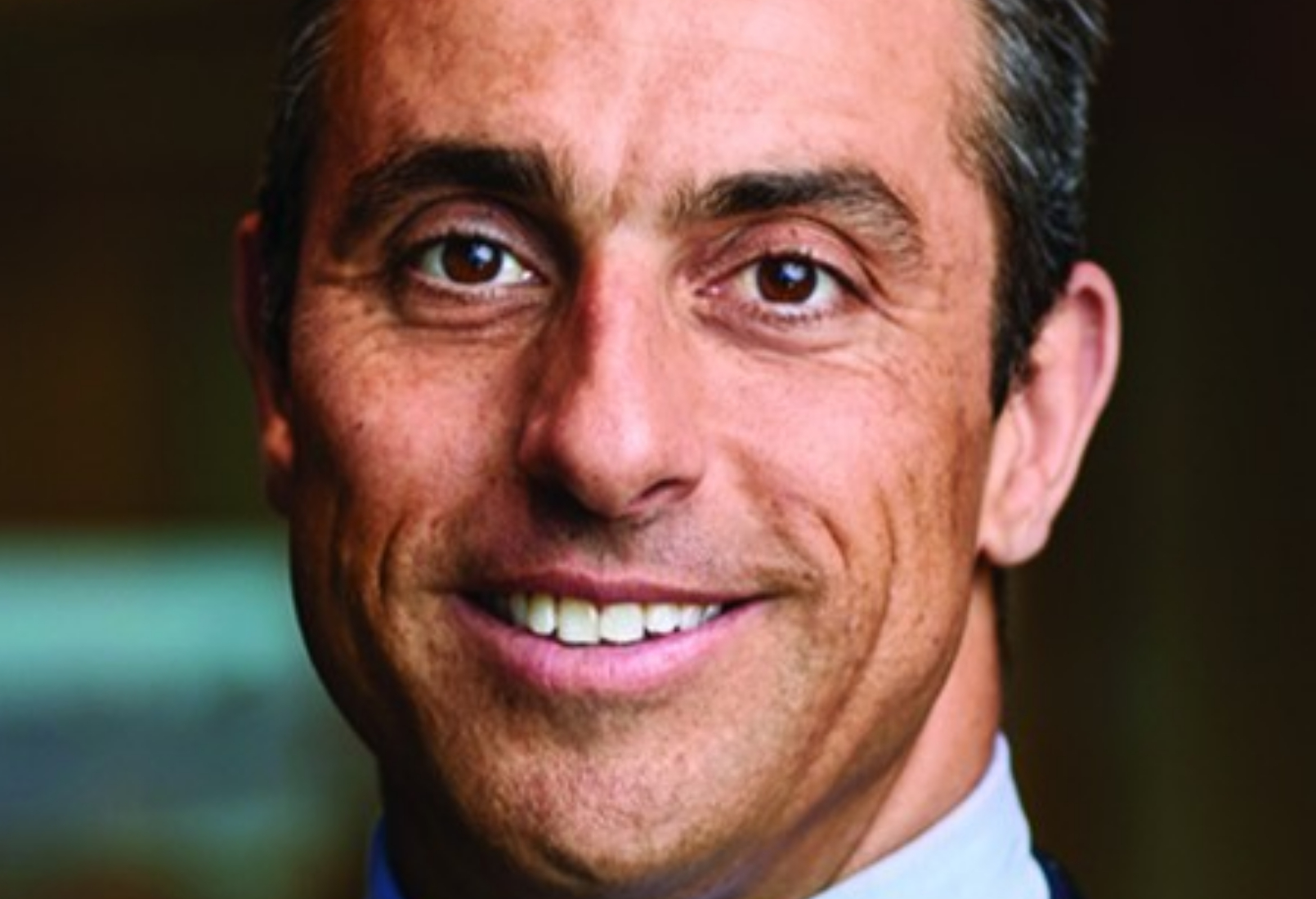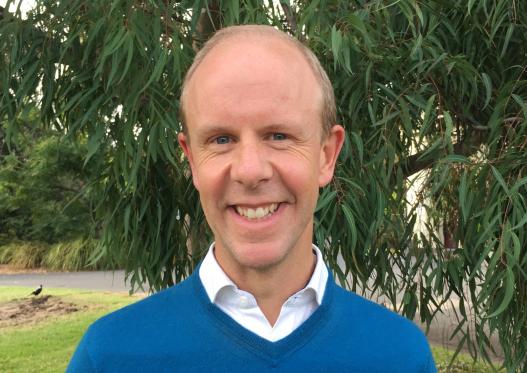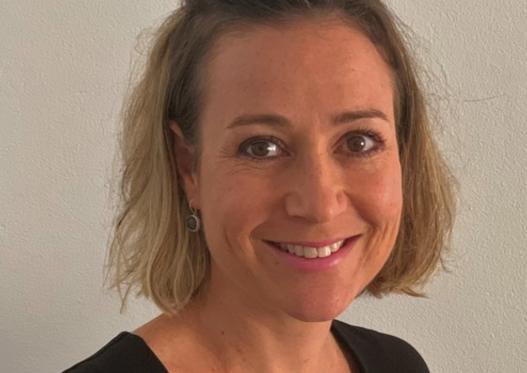The critical importance of financial professionals getting, and staying, up to speed on developments in environmental, social and governance (ESG) investing was highlighted in a recent series of webinars for FINSIA by asset manager Dimensional Fund Advisors.
In three presentations covering research, implementation and communication, Dimensional’s experts set out a systematic approach to helping investors take account of their personal values around sustainability and a range of social issues, all within a sound investment framework.
The growing appetite for sustainable investments is now unequivocal, as is the increasing scrutiny being applied by regulators on both company disclosures around climate risk and the claims by asset managers to take account of ESG issues.
Continued interest in ESG issues drove global sustainable fund assets 19% higher in the first quarter of 2021 to just below $US2 trillion. Flows into sustainable strategies have reached record highs for four consecutive quarters.
“We know that investors are now much more conscious of aligning their values around sustainability, and other issues, with their investment choices,” says webinar host FINSIA Fellow Nathan Krieger, head of Dimensional’s client group and chair of FINSIA’S NSW Regional Council.
“But investing isn’t as simple as choosing paper over plastic in a supermarket checkout line. The fact is that helping people meet both their sustainability and investment goals should start with rigorous research and credible and trusted data.”
Dimensional’s three presentations covered many of the practical considerations in designing sustainability strategies, including the extent to which ESG considerations are reflected in market prices and the effectiveness of myriad ESG ratings systems.
The complexities of implementation were highlighted in a discussion of scoring variables such as the distinction between Scope 1 emissions, covering direct emissions from owned or controlled sources; Scope 2, from purchased energy; and Scope 3, covering emissions that occur upstream or downstream in the value chain.
Krieger says Dimensional’s approach, grounded in academic research, is to incorporate insights from climate science in its investment strategies, which focus as their primary goal reducing exposure to greenhouse gas emissions.
“One of the most common questions investors ask is whether they can adopt a sustainability focus and still have a good investment experience,” Krieger says.
“Our response is that by focusing on climate change and greenhouse gas emissions, you have the opportunity to build a sustainability strategy that achieves measurable environmental sustainability outcomes within a robust investment framework.”
On the communication front, the third presentation in the series focused on the evolution of sustainability investing, the increasing attention being paid to governance and stakeholder management, and the response of regulators around the world.
Tackled in this presentation were common questions, including the jargon of sustainable investing, concerns about cost and performance, and how success is measured.
“It’s important that the process starts for each person with what they are seeking to achieve,” Krieger says. “It is important to be mindful of the fact that the more ESG issues you want to target, the more trade-offs you may have to make.”
These nuances are what are often overlooked in approaches to sustainability, and are why finance professionals need to stay across developments in ESG.
“The bottom line is that there is now an opportunity for investors who are interested in sustainability,” Krieger says. “But the growth in the different strategies out there has also introduced an element of complexity.”
“That’s why we think you should start by having a clear idea of your priorities, stay mindful of all the various trade-offs and be careful to choose strategies that have a clear focus, robust methodology and transparent reporting.”








